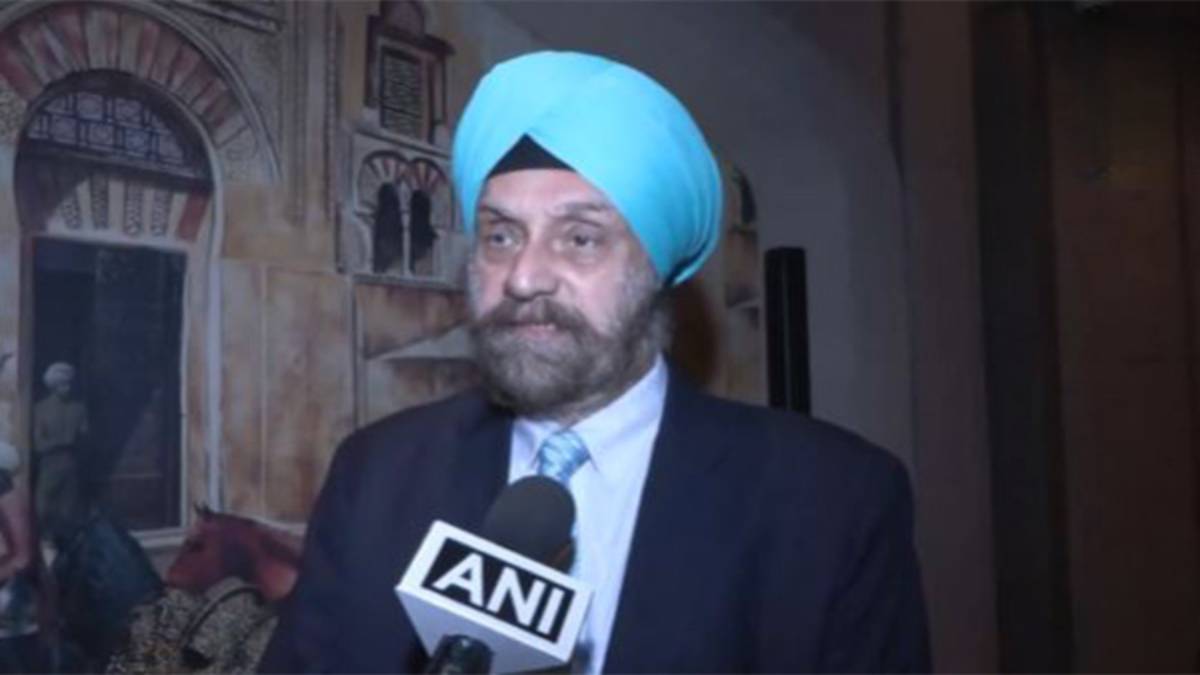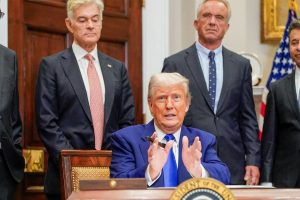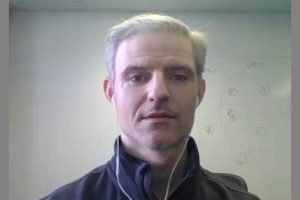Former Indian Ambassador to the US, Navtej Sarna, has urged New Delhi to stay firm on its principle of strategic autonomy and avoid reacting hastily to critical statements from Washington, including those made recently by White House advisor Peter Navarro.
Speaking to ANI, Sarna said, “China is a bigger buyer, and Europe buys gas. This is less about Russia or oil and more about influencing India’s broader policy choices. India must preserve its decision-making space. We may face short-term export difficulties or other losses, but in the long run, we will come out stronger.”
Acknowledging current strains in India-US ties, he added, “The relationship is facing challenges. We have to ride it out while safeguarding India’s core interests in areas like energy and agriculture. We must not have a knee-jerk reaction to every comment coming out of Washington.”
Sarna’s remarks followed Navarro’s criticism of India’s continued purchase of Russian oil, with the US imposing a 50 per cent tariff on Indian goods, including an additional 25 per cent on imports linked to Russian crude. Navarro accused India of indirectly funding Russia’s war in Ukraine, urging it to “act like a democracy” and align with Western nations.
India has rejected the charges as “unjustified and unreasonable,” pointing out that the US and Europe continue to import certain goods from Russia. External Affairs Minister S. Jaishankar also noted that Washington had previously encouraged India’s Russian oil purchases to stabilise global energy markets.
Navarro further warned India against “deepening ties” with China, saying New Delhi was “getting in bed with authoritarians,” despite decades of border disputes. In response, Chinese Ambassador Xu Feihong said, “Silence or compromise only emboldens the bully,” signalling Beijing’s interest in cooperating with India under the WTO framework to resist trade pressures.
Meanwhile, President Donald Trump defended the sweeping tariff hike announced in April, linking it directly to India’s oil trade with Moscow. “India is buying massive amounts of Russian oil, refining and selling it on the open market for big profits, while people are dying in Ukraine. We cannot let this continue,” Trump said.
Since the 2022 invasion of Ukraine, European nations have sharply reduced imports of Russian oil, shifting Moscow’s energy trade largely towards Asia, with China, India, and Turkey now among its largest buyers.





